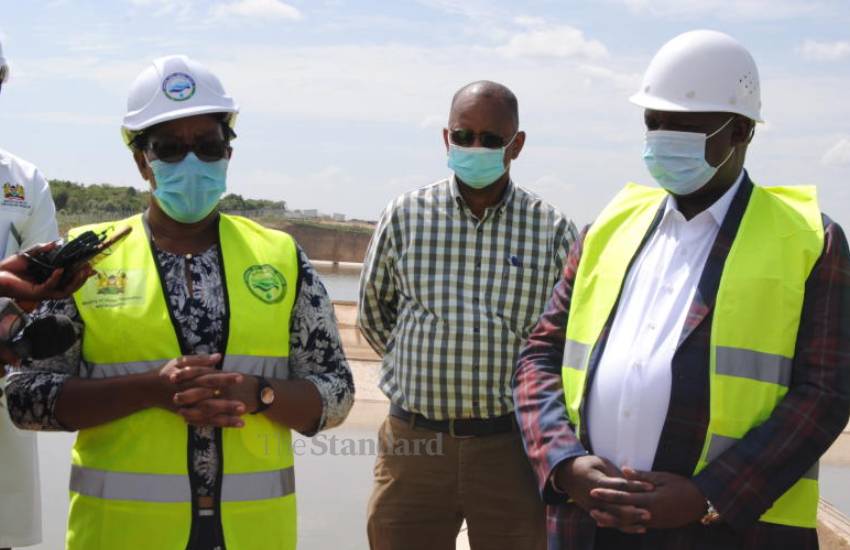×
The Standard e-Paper
Join Thousands Daily

A Sh1.7 billion sanitation project lies idle as Narok County residents continue using septic tanks and open bushes for human waste disposal.
Narok Water and Sanitation Company (Narwasco) Managing Director Stanley Kuyioni said most businesses are yet to activate their connections, adding that this was affecting service delivery.